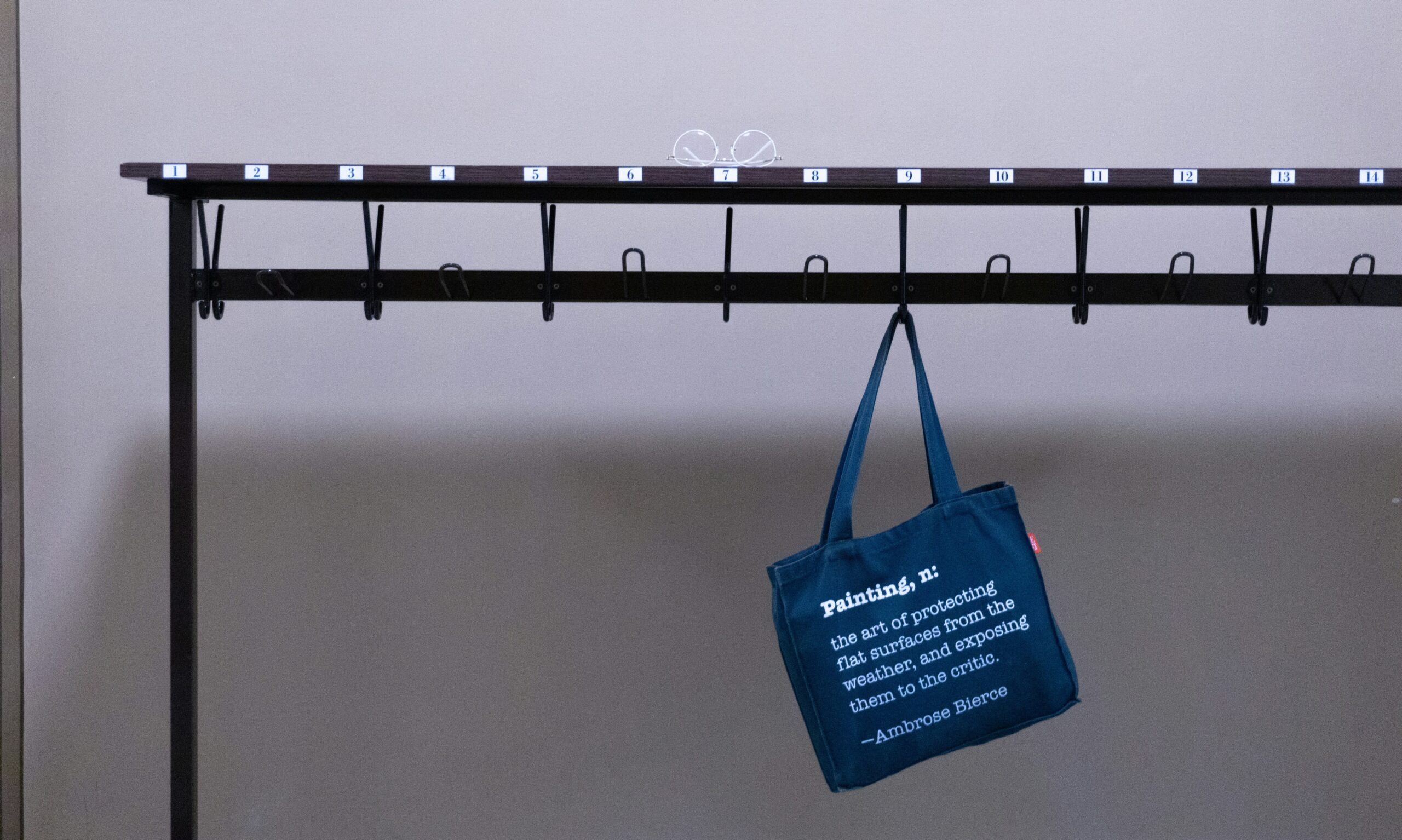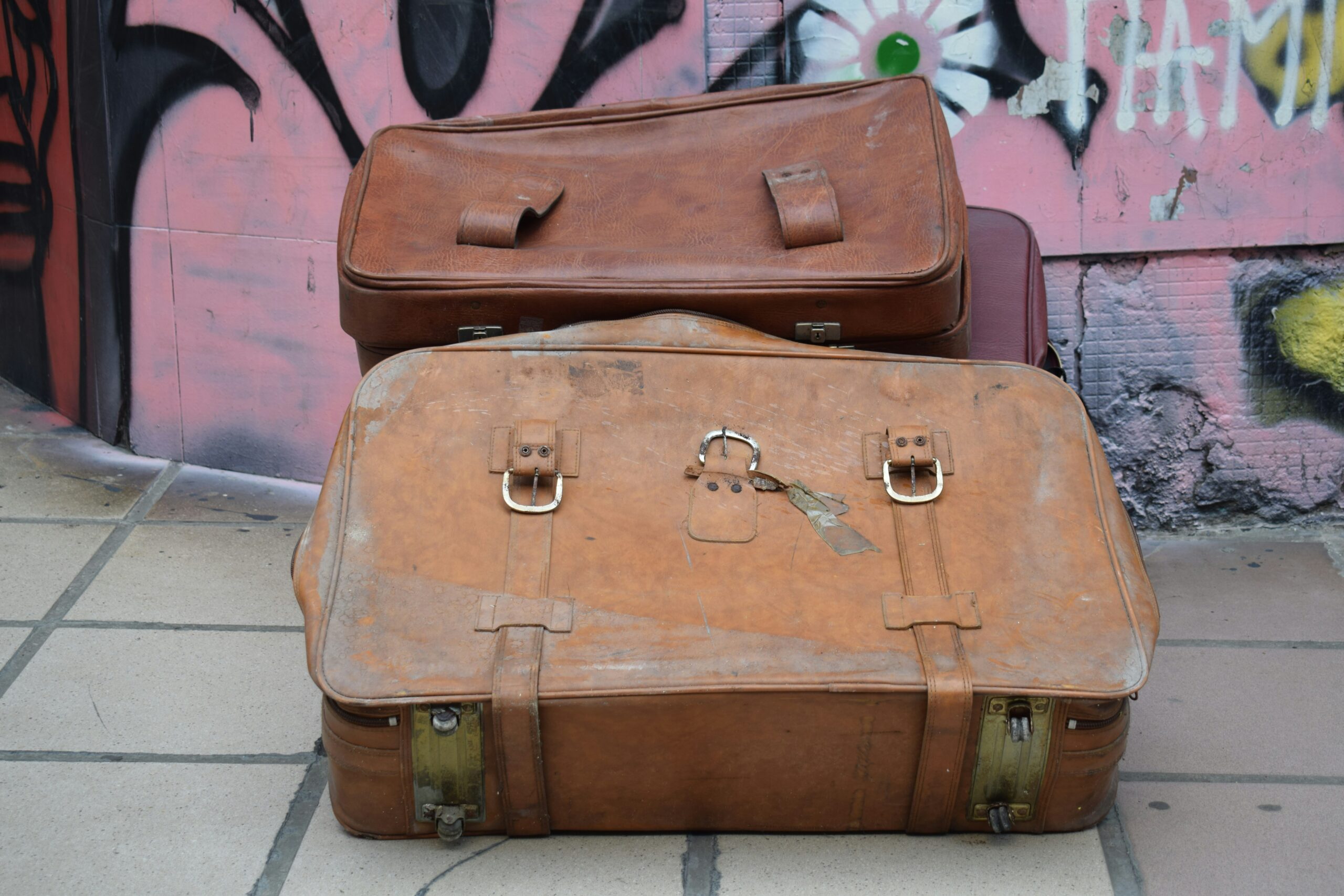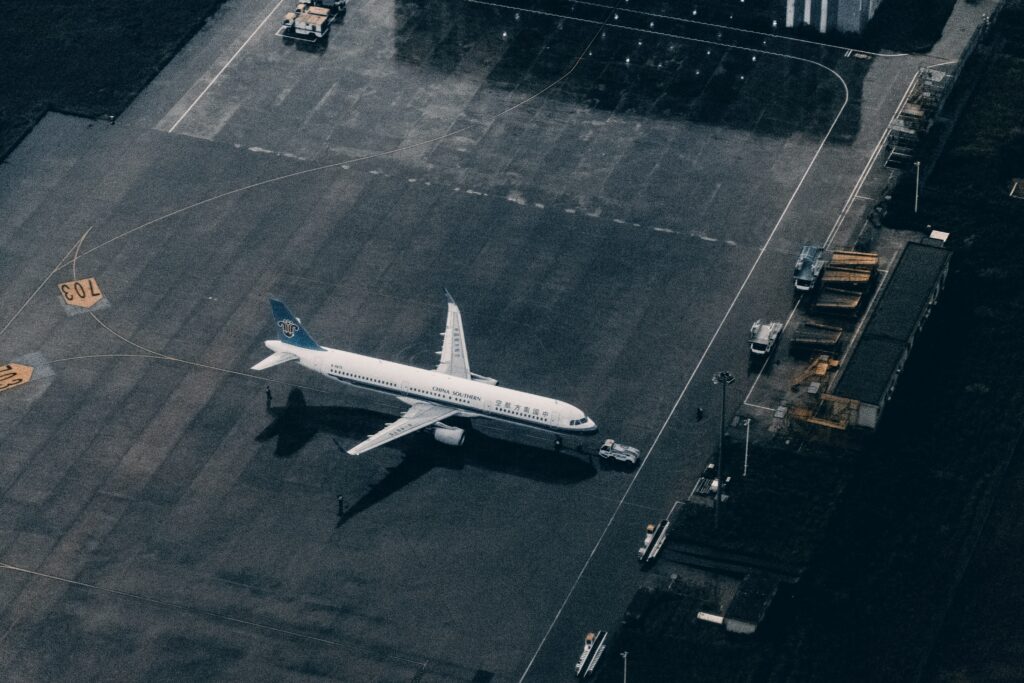Ever landed in paradise only to find your suitcase is stuck in transit? It’s not just you—over 25 million bags are mishandled globally each year. Between delayed luggage, lost valuables, and the headache of filing claims, travelers lose time, money, and sanity. Enter RFID luggage tags—the unsung heroes of modern travel insurance for baggage delays. But do they actually work? We’ll unpack everything you need to know (pun intended) about this smart solution.
In this post, we’ll guide you through what RFID luggage tags are, how they protect your belongings, and whether investing in them is worth it for frequent flyers. Along the way, we’ll sprinkle in some hard-earned travel tips, quirky fails, and brutally honest advice that cuts through the fluff. Ready? Let’s dive in!
Table of Contents
- Introduction
- Key Takeaways
- The Problem with Traditional Luggage Tags
- How RFID Luggage Tags Work
- Tips for Using RFID Luggage Tags Effectively
- Real-Life Success Stories
- FAQs About RFID Luggage Tags
- Conclusion
Key Takeaways
- RFID luggage tags use advanced technology to safeguard your personal information and track your bags.
- They can be a game-changer when combined with baggage delay insurance policies.
- Not all RFID tags are created equal; quality matters.
- Tech-savvy travelers swear by their effectiveness, but there are caveats!
The Problem with Traditional Luggage Tags

Confession time: I once used a handwritten luggage tag on a trip to Bali. Big mistake. At customs, an overzealous official ripped it off, leaving my bag floating anonymously around baggage claim for hours. And let’s not even talk about privacy risks—your name, address, and phone number sitting pretty on a piece of paper anyone can grab.
But here’s where things get worse:
- Paper gets torn or smudged easily.
- It exposes sensitive data to theft.
- If your bag gets delayed, recovering it becomes a game of chance.
*Optimist You:* “At least airlines will help me recover my stuff!”
*Grumpy Me:* “Ugh, good luck navigating those automated helplines.”
How RFID Luggage Tags Work (and Why They’re Awesome)

Think of RFID luggage tags as the tech upgrade your travel life desperately needs. These little gadgets embed radio-frequency identification chips inside durable, tamper-proof cases. The chip interacts wirelessly with scanners at airports, hotels, or even your own smartphone, making tracking seamless.
Here’s why they shine:
- Privacy Protection: No more printing your contact deets for everyone to see.
- Trackability: Some models sync with apps to let you monitor your bag’s location in real time.
- Durability: Made from weatherproof materials, these tags won’t crumble under pressure.
Sounds too good to be true, right? Well…
Brutal Honesty Alert:
Not every RFID tag works like magic. Cheaper versions might fail during long-haul flights or have limited compatibility with certain devices. Invest wisely—or risk carrying around yet another useless gadget.
Tips for Using RFID Luggage Tags Effectively
Step 1: Choose High-Quality Brands
Look for reputable brands like Tile, Apple AirTag-compatible options, or TrakDot. Cheap knockoffs may leave you stranded.
Step 2: Register Your Tag
This step is CRUCIAL. Most RFID luggage tags require registration via an app or website. Skipping this means losing access to tracking features.
Step 3: Keep Backup Plans Handy
Technology can fail. Always carry a secondary identifier, such as business cards tucked discreetly inside your bag.
Terrible Tip Disclaimer:
“Just slap duct tape over your old tag—it’ll last forever!” No. Just no. Do better.
Real-Life Success Stories

Meet Sarah, a corporate jet-setter who swears by her RFID luggage tags. After her bag went MIA en route to Tokyo, she logged into her app, alerted the airline, and was reunited with her belongings within 12 hours. According to her, “Without RFID, I’d still be calling customer service robots.”
Or take Tom, whose RFID-enabled tag triggered alerts when his bag was mistakenly loaded onto a flight to Dubai instead of Paris. He caught the error before boarding, saving himself days of stress.
FAQs About RFID Luggage Tags
Do RFID Luggage Tags Work Everywhere?
Most major airports support RFID technology, but smaller hubs might lag behind. Check ahead if possible.
Can Someone Hack My RFID Tag?
Risk exists but is low. Top-tier brands encrypt data to prevent unauthorized access.
Is This Worth It for Budget Travelers?
Absolutely—if peace of mind has value. Many affordable options start at $20.
Conclusion
So, are RFID luggage tags the ultimate hack against baggage delays? Absolutely—for savvy, well-prepared travelers. By combining these nifty tools with solid baggage delay insurance, you stand a fighting chance against Murphy’s Law of Travel.
To recap:
- Traditional tags = disaster waiting to happen.
- RFID luggage tags = durability + security + convenience.
- Pair them with proper usage tips and reliable backup plans.
Like a Tamagotchi, your travel gear needs daily love and care. Treat it well, and it’ll reward you with smoother journeys.

